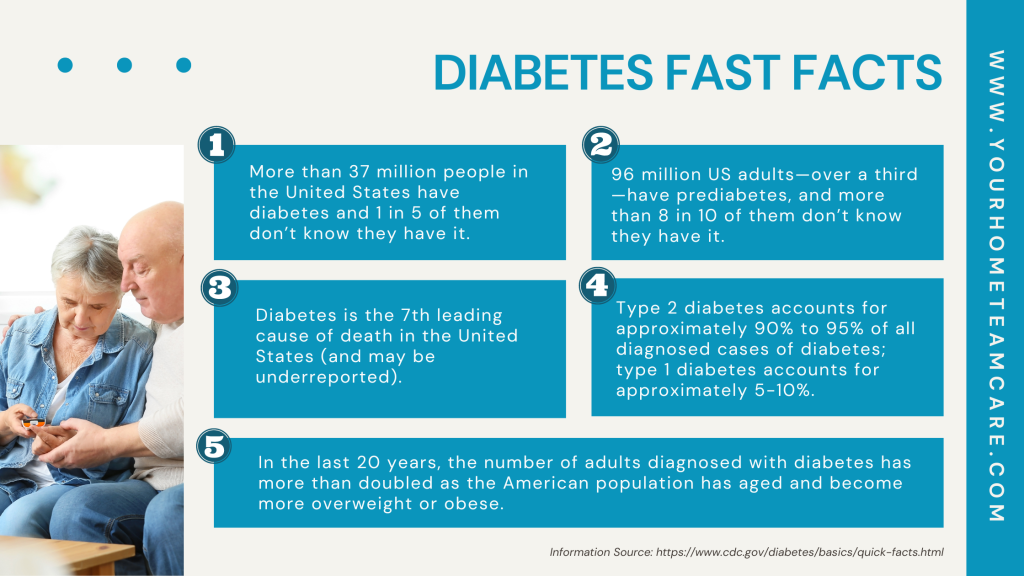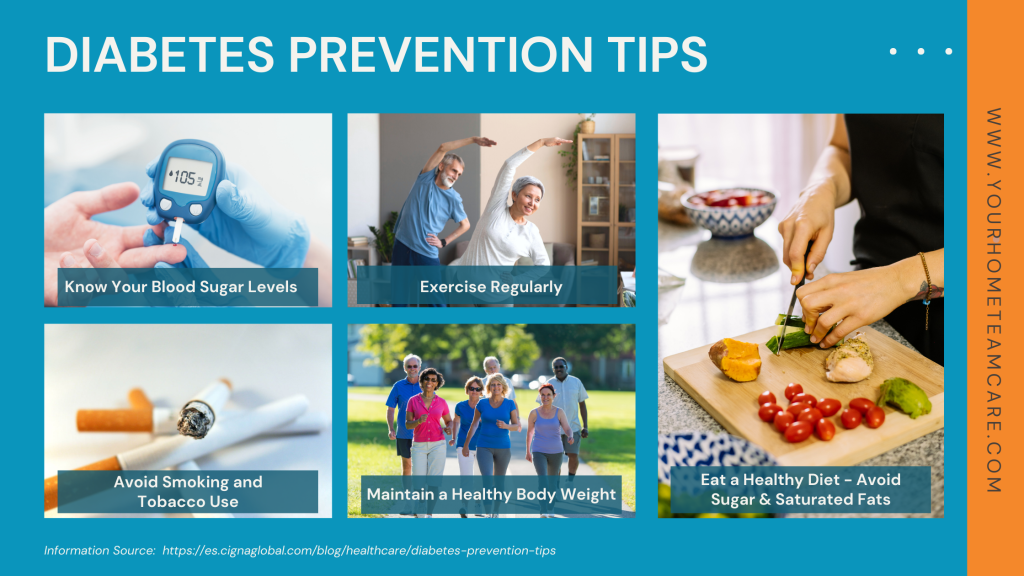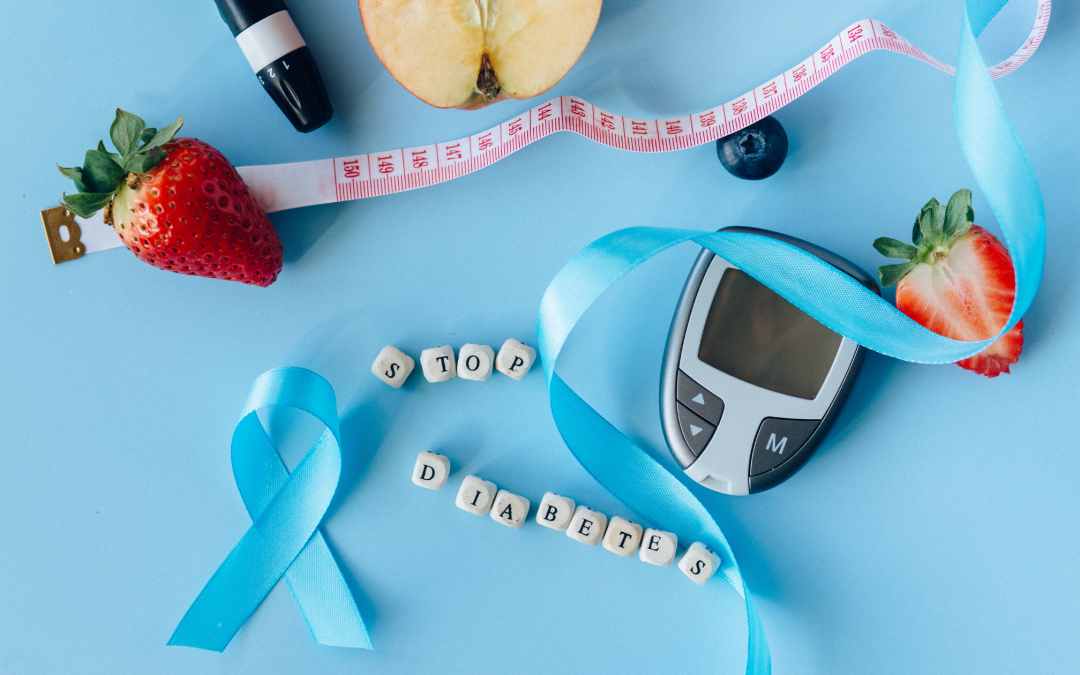Diabetes is a disorder which is the misuse of the digested food for growth and energy by our body. The food we take in is broken down into glucose, which is the simplest form of sugar in our blood. Glucose is the main source of energy for our bodies and diabetes causes the glucose to back up in our bloodstream. When more of it is present in our bloodstream, our blood sugar can rise too high.
Now there are two types of diabetes: Type 1 Diabetes and Type 2 Diabetes. Type 1 Diabetes is also called juvenile-onset diabetes or insulin-dependent diabetes. This is where the body stops any further production of insulin (insulin is a hormone that allows the body to use the glucose to produce energy) People diagnosed with this type of diabetes are required to take insulin injections on a daily basis in order to survive. Children and young adults are most likely to develop this type of diabetes.
Type 2 Diabetes is also called the adult-onset diabetes or non insulin-dependent diabetes. This is where the body does not produce insulin or is unable to use insulin properly. People with this type of diabetes also need to take daily insulin injections to survive.
Diabetes is a life-long disease, which is why it is important to understand all of the facts about the disease. Taking preventative measures is the best way to fight this disease no matter your age.

Diabetes Signs and Symptoms
- Excessive thirst, not just after an workout or because of hot weather
- Constant dry mouth, even if you are hydrated
- You urinate frequently
- Unexpected weight loss or weight gain (if you are constantly hungry and eating unhealthy foods, this can worsen your pre-diabetes symptoms)
- You’re feel tired, weak and drained all the time (low energy levels)
- Blurry vision – it’s important to have your eyes checked regularly, untreated eye issues caused by diabetes can lead to blindness. Blurry vision can be caused by many other diseases, this is why it’s important to have your eyes checked regularly
- Cuts, sores and bruises (especially on the feet) which take a very long time to heal, can be a sign of diabetes
- Excessive itching, soreness in the genital area or yeast infections (which can be misdiagnosed as thrush) may be a sign of too much sugar in your urine.

Lifestyle Changes For Diabetes Prevention
If you are willing to make a few changes to your current lifestyle, you can put yourself on the road to a healthier life, while preventing the onset of diabetes. Diabetes is a deadly disease which can cause serious health complications including damage to your kidney, heart and nerves. It is never too late to change your eating habits or your lifestyle. Here are 7 tips to help you get on the right track (make these 7 tips part of your daily routine and you stop the onset of diabetes):
- If you are overweight you risk developing diabetes. Reduce the amount of food on your plate so you gradually eat less and start to losing weight. Drink a glass of plain water or a sugar-free drink before your meal to take the edge of any hunger pains.
- Reduce the amount of fat you are eating; grill or bake foods instead of frying; use low-fat spreads and reduced fat meals.
- Check the Glycemic Index of the food you are eating – knowing what each food contains helps maintain your blood-sugars, which in turn can prevent the full onset of diabetes.
- Drink at least 8 glasses of water every day. If you keep a bottle of water with you and sip frequently you’ll be surprised how much you’ll drink throughout the day.
- If you are feeling peckish choose a healthy snack rather than a chocolate bar or sweet treat
- Use skimmed rather than full-fat milk in hot drinks.
- Exercise is good great for your health. If you are not used to working out you can start off with a light exercise routine. 15 minutes of gentle walking each day can help to ease you into a regular exercise routine.

